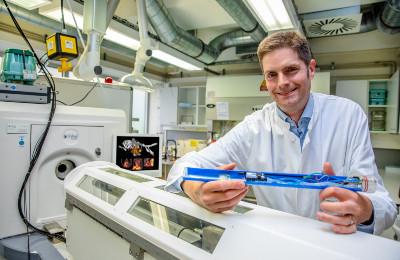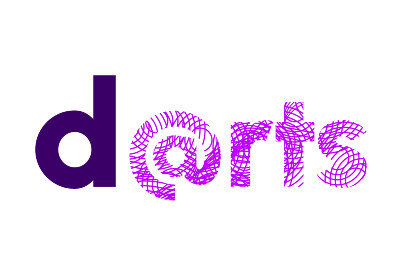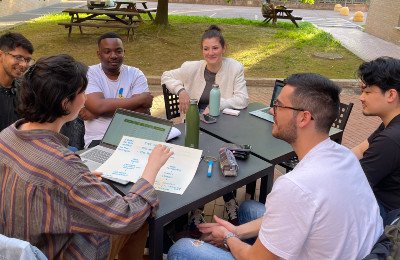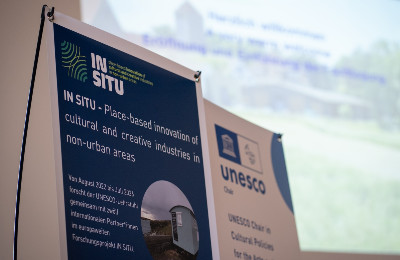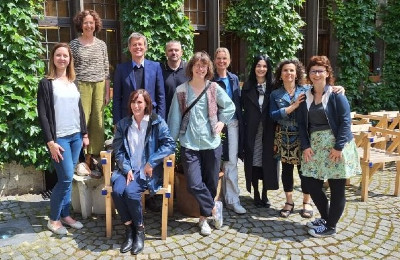Two million euros for better therapy after heart attack
In the MIGRATe project, Professor Dr James Thackeray, a molecular medicine specialist at the Clinic for Nuclear Medicine at the Hannover Medical School (MHH), will research non-invasive molecular imaging approaches. The aim is to examine inflammatory cells and the activation of fibroblasts in the heart and in the network organs connected to it, and thus to precisely control targeted therapeutic interventions. This should lead to better therapy after a heart attack.

